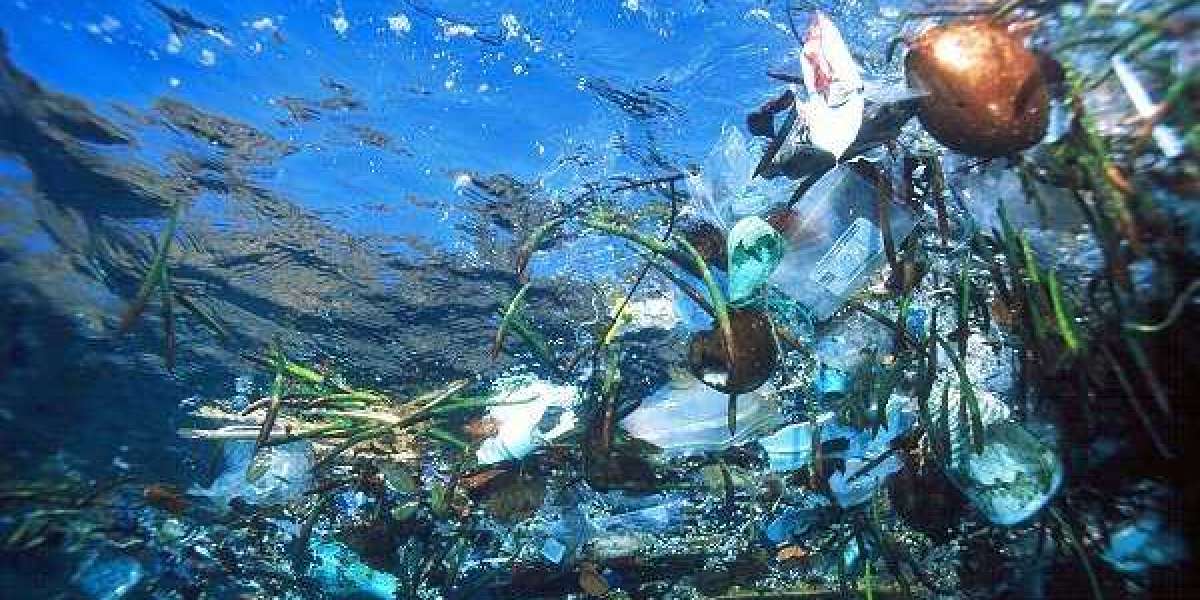Plastic ocean pollution is harming the oxygen we breathe in several ways. One of the most significant ways is through the destruction of marine ecosystems. Plastic pollution harms marine life, causing damage to the food chain, and ultimately, the balance of the ecosystem. This can lead to the depletion of oxygen in the ocean, as dead organic matter decomposes and bacteria consume the available oxygen. As a result, the oceans become less productive and less able to support the creation of oxygen.
In addition, plastic pollution in the ocean contributes to the release of greenhouse gases, such as methane and carbon dioxide. As plastic debris breaks down into smaller and smaller particles, it releases these gases, which contribute to climate change. Climate change is also causing changes in ocean temperatures and currents, which further impact the health of marine ecosystems and the production of oxygen.
Furthermore, the production and disposal of plastic also contribute to air pollution, which can harm human respiratory health. Chemicals used in the production of plastic can cause air pollution, and when plastic is incinerated or decomposes, it releases toxic gases and particulate matter, which can contribute to respiratory diseases.
Overall, plastic ocean pollution is having a significant impact on the oxygen we breathe, both directly and indirectly, through its effects on marine ecosystems and climate change. Reducing plastic pollution is critical to protecting the health of our oceans and the quality of the air we breathe.




Tujani Nuhu 5 w
Nice one